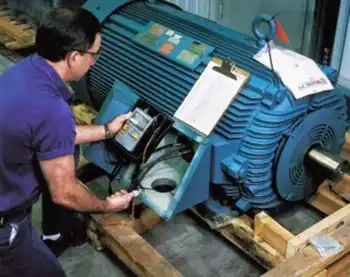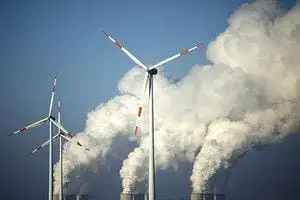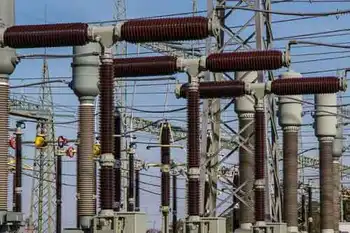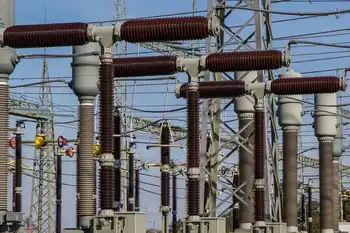UBS raises its price forecasts for coal
SINGAPORE - UBS raised its price forecasts for coal used in power plants and steel mills in 2008 and 2009 because of expanding Asian demand and constrained supply.
Coking coal used to make steel will average $145 a metric ton next year, compared with $130 forecast on Oct. 8, the bank said in a recent report. The 2009 forecast was raised to $135, from $115. Thermal coal will average $90 a ton next year and $105 in 2009, up from previous predictions of $70 and $75.
UBS, based out of Zurich, Switzerland, is one of the largest global asset managers and the market leader in retail and commercial banking.
"Long-term growth trends in Asia, particularly China and India, will keep coal suppliers struggling to meet demand," the analysts, led by Shneur Gershuni, said in the report.
"Non-traditional sources of supply, including North America, are increasingly being sought by anxious Asian consumers."
Thermal coal has jumped to a record this year because of port and rail bottlenecks and after China increased imports of the fuel.
Global steel production will exceed one billion tons for a fourth consecutive year in 2007, the International Iron & Steel Institute predicted this month.
China increased coal imports 44 percent to 42.34 million tons in the first 10 months of this year, Chinese customs said Nov. 15. Exports dropped 17.6 percent to 43.26 million tons in the same period.
Thermal coal prices under annual supply contracts may rise to $90 a ton in the fiscal year starting April 1, 2008, from $56 this year, Goldman Sachs JBWere said in their report. The firm previously estimated prices would rise to $75 next year.
Credit Suisse raised its 2008 price forecast for thermal coal by $10 a ton to $80 a ton last week, and JPMorgan Chase increased its estimate in 2008 to $70 from $60, in an Oct. 25 report.
The United States "is likely to be a marginal supplier for the seaborne thermal coal market" as inadequate transportation and loading facilities limit shipments from Australia and South Africa while a prolonged wet season curbed Indonesian production growth, the report said.
Rio Tinto said that it had declared force majeure and may not meet orders to export coal from its mines in Queensland, Australia, because of congestion at the Dalrymple Bay Port.
Force majeure is a legal clause allowing a company to cancel contractual obligations due to circumstances beyond its control.
The clause will apply to sales in the first quarter of 2008.
"At seaborne prices north of $90 a ton, the shippers in the western United States would be incentivized to provide thermal coal to the hungry Asian market," UBS said in the report.
The United States produced 945 million tons of coal in 2006, second only to China, according to data from the International Energy Agency.
Related News

Electric Motor Testing Training
TORONTO - Our 12-Hour Electric Motor Testing Training live online instructor-led course introduces students to the basics of on-line and off-line motor testing techniques.
September 10-11 , 2020 - 10:00 am - 4:30 pm ET
Our course teaches students the leading cause of motor failure. Electric motors fail. That is a certainty. And unexpectded motor failures cost a company hundreds of thousands of dollars. Learn the techniques and obtain valuable information to detect motor problems prior to failure, avoiding costly downtime. This course focuses electric motor maintence professionals to achieve results from electrical motor testing that will optimize their plant and shop operations.
Our comprehensive Electric Motor Testing course emphasizes…




